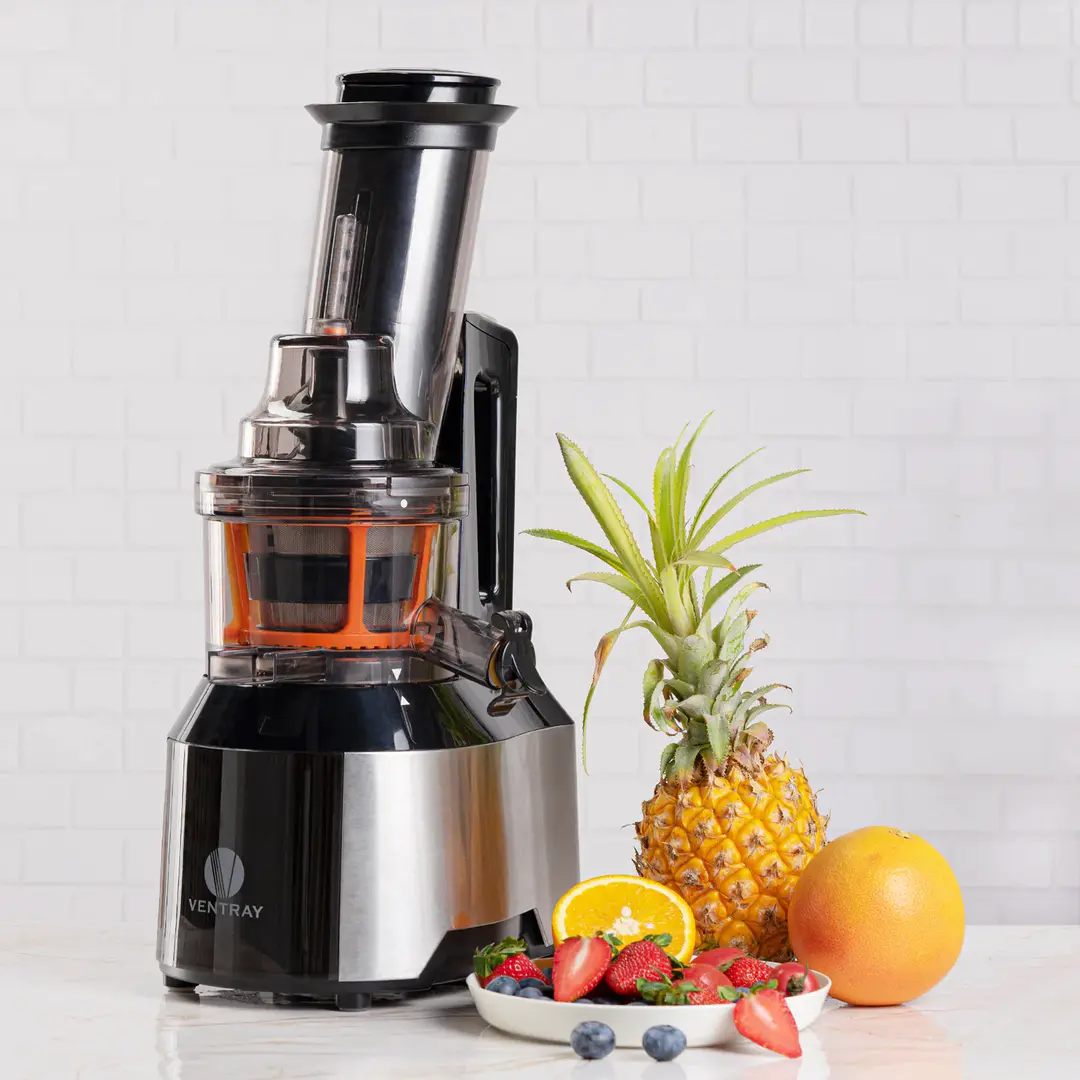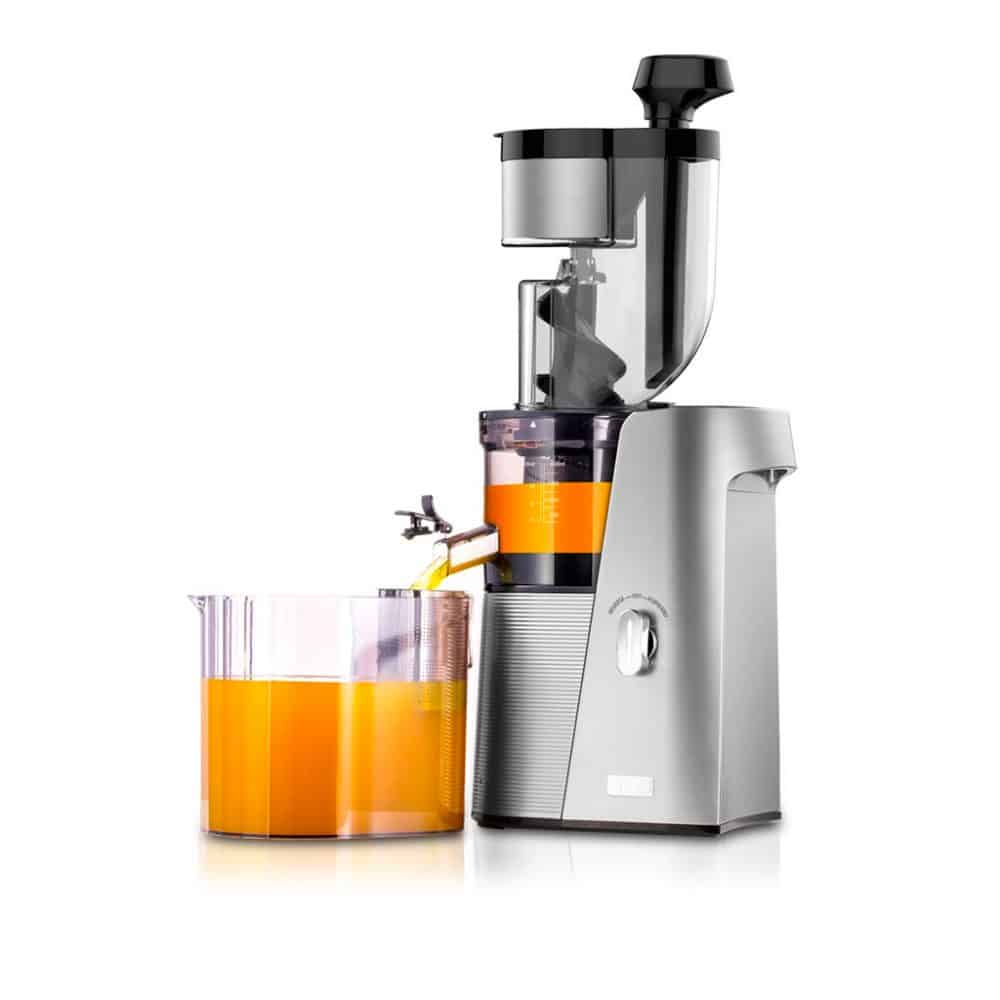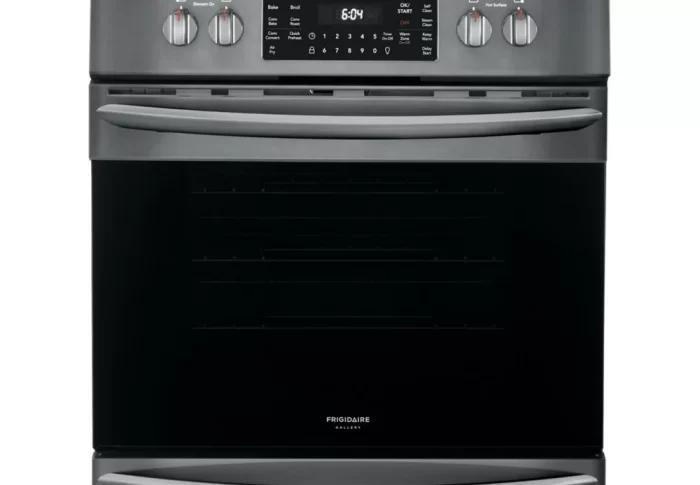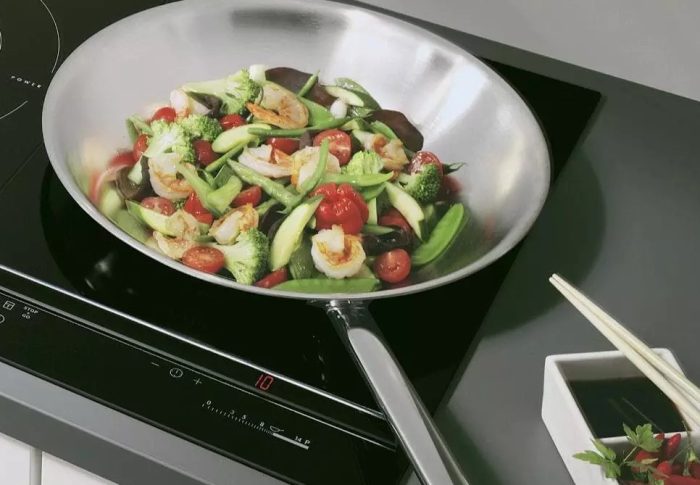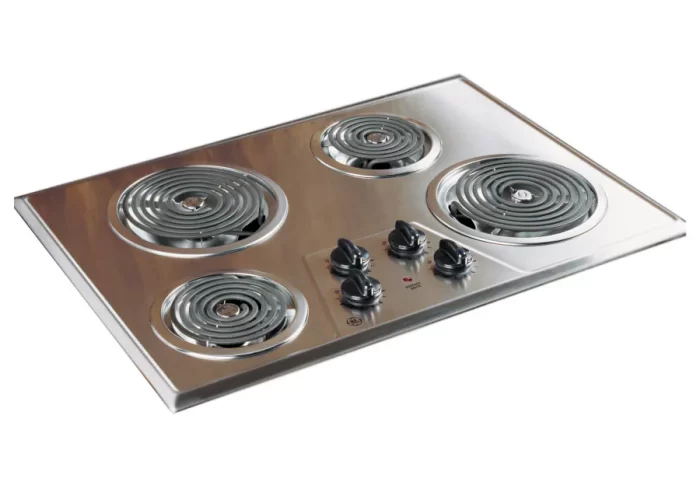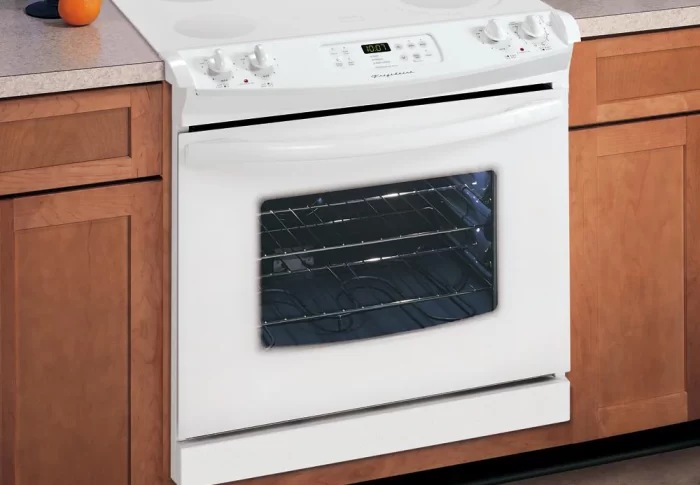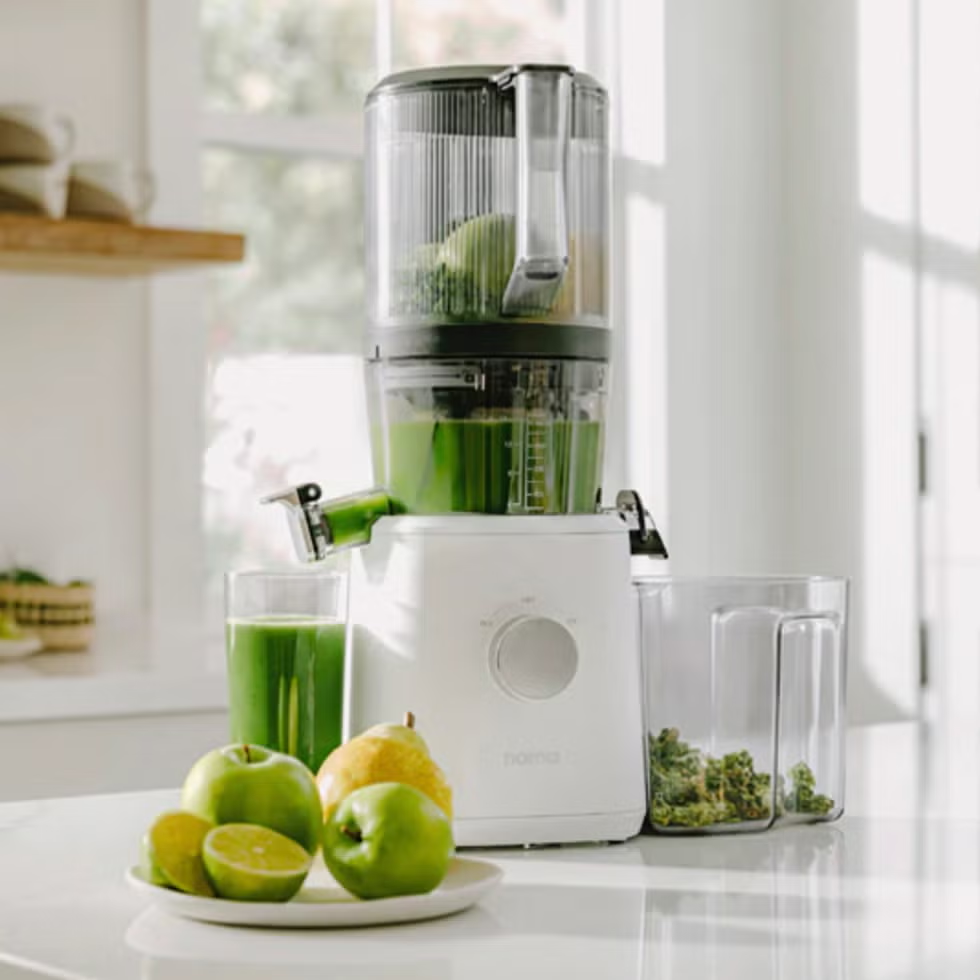
What Does Cold Press Juicer Mean?
In a world increasingly focused on health and wellness, many are seeking efficient methods to extract nutrients from fruits and vegetables. Among the numerous methods of juice extraction available today, the cold press juicer stands out as a popular choice. But what exactly does a cold press juicer mean? This article delves into the mechanics of cold press juicers, their advantages and disadvantages, comparisons with other types of juicers, their health benefits, how to use them, and maintenance tips.
Understanding Cold Press Juicing
The Concept of Cold Pressing
Cold pressing, also known as slow juicing, is a method that involves extracting juice from fruits and vegetables without the application of heat. Unlike traditional centrifugal juicers that use fast-spinning blades to break down produce, cold press juicers employ a slow and consistent pressing action. This process involves crushing and then pressing the produce to extract juice while preserving vitamins, enzymes, and nutrients.
How Cold Press Juicers Work
Cold press juicers typically consist of a motor that powers an auger, which slowly crushes the fruits or vegetables placed inside. This auger rotates at a low speed, often around 40 to 100 revolutions per minute, thereby reducing the heat generated during the juicing process. After crushing, the produce is pressed against a fine mesh filter to extract the juice. The remaining pulp is separated and discarded, while the nutrient-rich juice is collected in a container.
This process is significantly slower than that of centrifugal juicers, which operate at high speeds and can generate heat, potentially leading to nutrient loss.
Advantages of Cold Press Juicers
Nutrient Retention
One of the standout features of cold press juicers is their incredible ability to retain nutrients. Because heat can deteriorate many vitamins and enzymes, such as vitamin C and various B vitamins, the cold press method prevents this degradation. The juice produced is typically nutrient-dense and is highly regarded for its health benefits.
Longer Shelf Life
Cold-pressed juices typically have a longer shelf life compared to juices made with centrifugal juicers. This is largely due to the lower oxidation levels associated with the cold press process. Less air incorporated during juicing means that the juice remains fresher for a more extended period, making it more suitable for batch preparation and storage.
Better Extraction
Cold press juicers excel at extracting juice from leafy greens, such as kale, spinach, and wheatgrass, which can be challenging for centrifugal juicers. The slow and steady pressing action effectively ensures that maximum juice is extracted from these fibrous produce items—otherwise wasted in faster juicing processes.
Enhanced Flavor
The preservation of nutrients and the slower extraction process contribute to a more vibrant flavor profile. Many users find cold-pressed juices to possess a fresher, more concentrated taste compared to those produced by centrifugal juicers.
Disadvantages of Cold Press Juicers
Price Point
One of the most notable downsides to cold press juicers is their price. They tend to be more expensive than their centrifugal counterparts, which can deter some individuals from purchasing them. However, many view this as a long-term investment in their health.
Preparation Time
Cold press juicing often requires more preparation time compared to centrifugal juicing. Users often need to wash, peel, and cut their produce into smaller pieces to fit into the juicer’s feed chute. This additional prep work can be a significant factor for individuals seeking a quick solution.
Cleaning Process
Cleaning a cold press juicer can be more labor-intensive than cleaning a centrifugal juicer. The multiple components involved in the juice extraction process require thorough cleaning to prevent the buildup of pulp and bacteria. While some models are more efficient in terms of cleaning, it still typically takes longer than the quick rinse often sufficient for centrifugal models.
Cold Press vs. Centrifugal Juicers
Speed and Efficiency
Centrifugal juicers are designed for speed and efficiency, often churning out juice in a matter of seconds. While this rapid process is convenient for those on-the-go, it does not offer the same quality of juice. In contrast, cold press juicers prioritize quality over quantity, taking their time to extract the maximum amount of juice from the produce.
Nutritional Comparison
Many studies have shown that cold-pressed juices generally contain higher nutrient levels compared to juices extracted via centrifugal juicers. The oxidation process that occurs in centrifugal juicers can degrade important nutrients, while cold pressing retains their integrity.
Juice Consistency
Cold press juicers yield thicker juice with a more substantial texture, which many juice enthusiasts prefer. Conversely, centrifugal juicer output is often more watery and less satisfying in mouthfeel.
Health Benefits of Cold-Pressed Juice
High Concentration of Nutrients
Cold-pressed juice is celebrated for its high concentration of vitamins, minerals, and enzymes, which are crucial in supporting overall health. The juice can serve as an excellent supplement for those looking to increase their daily intake of fruits and vegetables.
Detoxification
Many individuals turn to cold-pressed juices for detoxification purposes. The natural enzymes and antioxidants present in fresh juice help to neutralize and eliminate toxins from the body. Regular consumption of cold-pressed juice may lead to improved digestion, enhanced metabolism, and increased energy levels.
Hydration
Cold-pressed juices typically have high water content, making them an excellent way to stay hydrated while also consuming essential nutrients. This assists in maintaining overall bodily functions, including temperature regulation, joint lubrication, and nutrient transport.
How to Use a Cold Press Juicer
Selection of Produce
To optimize the benefits of your cold press juicer, selecting fresh, organic produce is vital. Look for seasonal fruits and vegetables, as they are often at their peak regarding taste and nutrient content.
Preparation Techniques
Preparing your ingredients before juicing can save time and improve efficiency. Wash all produce thoroughly, and consider peeling or cutting larger items into smaller chunks to facilitate easier feeding through the juicer.
Juicing Process
Begin by turning on the juicer and slowly feed your produce through the chute. If using leafy greens, alternate them with harder vegetables or fruits to ensure an even extraction. Collect the juice in a container and give it a gentle stir before serving.
Enjoying Your Juice
Consume your cold-pressed juice soon after extraction to maximize nutrient intake. If you plan to store it, ensure it’s kept in a sealed, airtight container in the refrigerator. A well-preserved juice can last up to 72 hours, although it’s best enjoyed fresh.
 Maintenance and Care for Cold Press Juicers
Maintenance and Care for Cold Press Juicers
Regular Cleaning
After each use, it is essential to clean your cold press juicer thoroughly. Disassemble the components carefully and rinse them with warm water. Most parts can be safely washed in a dishwasher (check the manufacturer’s instructions). Avoid using abrasive sponges, which can scratch the surface.
Storage
When not in use, it’s best to store your cold press juicer in a clean, dry place. Ensure that all parts are completely dried to prevent mold or mildew build-up.
Routine Checks
Regular checks on the juicer parts, including the auger and juicing screen, will help ensure your appliance operates smoothly. Replace any damaged components promptly, as this can impact the efficiency of the juicer.
Conclusion: The Cold Press Juicer Experience
In closing, a cold press juicer stands as a remarkable tool for anyone interested in maximizing their nutrient intake through delicious juice. Understanding what a cold press juicer means involves recognizing not only its mechanics but also its numerous benefits and drawbacks. With their high nutrient retention, longer shelf life, and potential health benefits, many consider these juicers worth the investment, especially when they are looking to enhance their overall well-being.
As with any appliance, regular maintenance, proper usage, and an understanding of the capability of cold press juicers can make the juicing experience both enjoyable and rewarding. For those keen on integrating a healthier lifestyle, understanding what a cold press juicer means can be a critical step toward achieving their health objectives.

